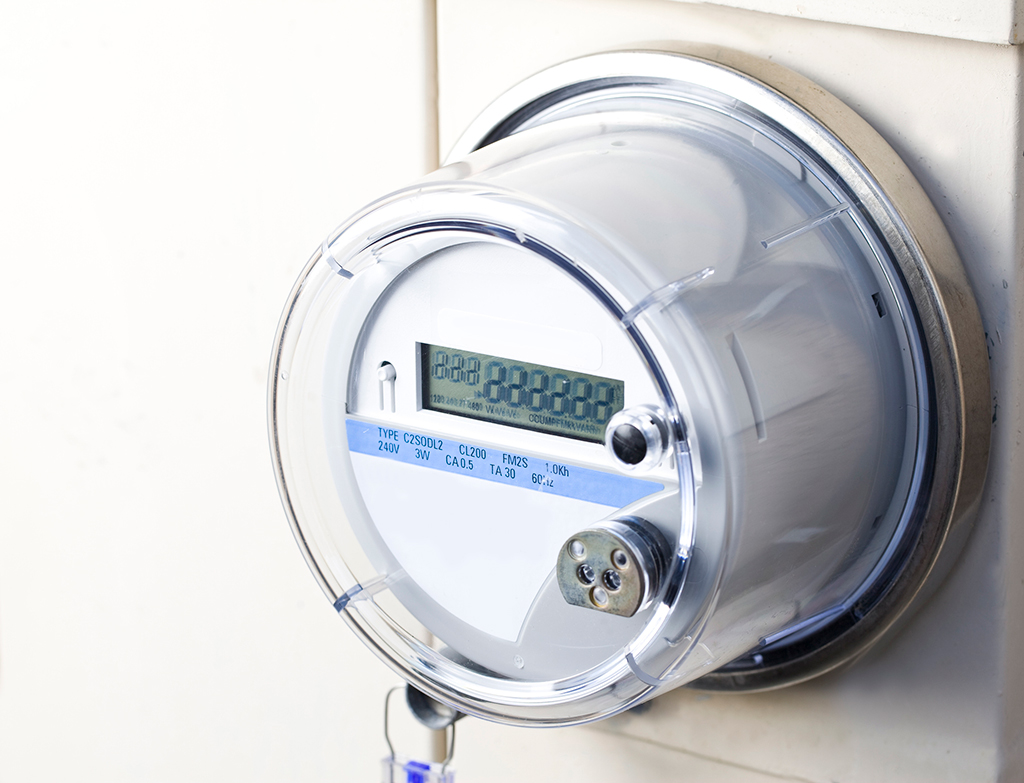
What You Should Know About Electrical Systems And An Emergency Electrician | Conway, SC
Photo By -Oxford- at istock
Electricity is an essential commodity that makes life easier for many homeowners in Conway, SC. However, when there is a blackout in the area, activities like browsing, engaging friends on social media, studying, cooking, and online communication are brought to a halt. When there is electrical damage in a commercial setting, business stops, leading to huge losses.
Dealing with electrical installations and repair can turn out to be disastrous if not handled by a professional emergency electrician. But understanding your electrical system is the fast step to ensuring your home family, business and employee’s safety. Here is essential information you must know about both commercial and residential electrical systems.
Components That Makeup Electrical Systems
Main Breaker Panel
The main breaker panel is composed of numbered circuit breakers on both the left and right sides. It’s located either in a closet or basement and controls the distribution board, which distributes power throughout the home. It’s the reason why you can run an electric shower and a cooker at the same time.
On the panel, there is a large circuit breaker, which is also called the main breaker. It allows disconnection of power from the circuit breaker panel, shutting off electricity in the entire house.
Power-points
Power-points allow your appliances to be connected to the electrical system. In many homes, you’ll find power-points loaded up with plugs, adapters, and extension cords to connect several appliances. This is called overloading and can often result in tripping circuit breakers.
Electrocution Protection
An emergency electrician will most likely recommend that you purchase an electrical panel installed with at least one electrocution protection device. This feature protects you from being electrocuted when you contact live electrical equipment or a faulty appliance. Ground Fault Circuit Interrupter (GFCI) is a good example of electrocution protection, and it measures the difference between the electric power in the circuit and out of it. Once the GFCI detects the difference, it knows there is current leakage, prompting it to shut off the circuit.
Meter
The meter is located outdoor or enclosed at an accessible place indoors. It’s considered the electrical system’s brain because it acts as the intelligence behind its activities. It would help if you knew how your meter works because you can understand how much power is being consumed. Meter readings help you become aware of your monthly utility bills and detect a problem early when the bills read unusually high.
Electrical Wiring
The insulated conductors carrying electricity throughout your home are called electrical wirings. There are wiring rules that ensure easy and safe identification of wires, and they vary from one country to another. The insulation materials for wires that serve different purposes in the electrical system have different colors. Knowing your home’s electrical wiring is interesting because you can handle minor wiring problems yourself. However, if you don’t know anything about wiring, always contact an emergency electrician for professional repair service.
Arc Fault Protection
The electrical panel in your home should protect you from unintended electrical discharges within the circuit that the GFCI and the circuit breakers can hardly detect due to their low voltage. These electrical discharges are caused by corroded, loose, or damaged terminals and wires. Over time, the discharges generate heat enough to ignite any flammable material around or cause damage to the wire insulations.
To prevent catastrophic experiences like electric fires, your emergency electrician must install Arc Fault Circuit Interrupters (AFCI) on the panel. These interrupters work by monitoring the unintentional electrical discharges, prompting the circuit breaker to trip when discharges are detected to avoid circuit completion.
Warning Signs of Electrical Problems
Sparking Outlet
Whenever you plug in an appliance to a power outlet and see sparks firing, it’s time to call your emergency electrician. Many homeowners view this as a minor problem, but it can start electrical fires or cause severe electrocutions if left unattended. It’s only safe to avoid using the damaged power outlet until it’s fixed.
Flickering Lights
Flickering lights could result from loose electrical connections or problems in the circuit or the breaker box. Repairing a single flickering light is straight forward. However, if multiple lights are flickering, the circuit is the problem, and fixing this isn’t easy. If all the bulbs in your house are flickering, the chances are high that the problem lies in the breaker box, and you must bring in a qualified emergency electrician to check it out.
Burning Smell or Unfamiliar Odor
When you get a burning smell or smoky odor at the power outlet points or the electrical panel, you’ve got a problem. The burning smells indicate that electrical fire damage has begun, and you have to contact your electrician urgently.
Tripped Wires
This is one of the most common electrical problems that almost all old home owners have experienced. This problem occurs when the circuit is under too much stress than it can handle. As a home ages, it becomes more vulnerable to tripping wires because its electrical systems struggle to satisfy modern electrical devices’ power demands.
Discoloration
When you look at the power outlet points and notice scorching or discoloration, it’s evident that you have an electrical problem. You may also notice distortion of the outlet’s faceplate, which should tell you that the wiring connected to the outlet is getting overheated. When the problem is severe, you can feel the heat coming out of the outlet. On detecting this, stop using the specific outlet and contact your emergency electrician for repair service.
Rat Droppings
Despite their small size, rats cause enormous damage. If you care about your electrical system, you should be scared when you see a rodent in your house. Rats damage the insulation of your circuit, exposing you to fire and electrocution dangers.
Buzzing Sounds
The switches and power outlets should operate silently. When you hear sizzling, buzzing, or cracking sounds coming from your key electrical system components, such as the meter, turn off the main switch and contact an emergency electrician.
If you’re experiencing any electrical problem around Conway, SC, don’t hesitate to hire an experienced, professional, and insured emergency electrician from Mister Sparky of Myrtle Beach for a safe fix.

